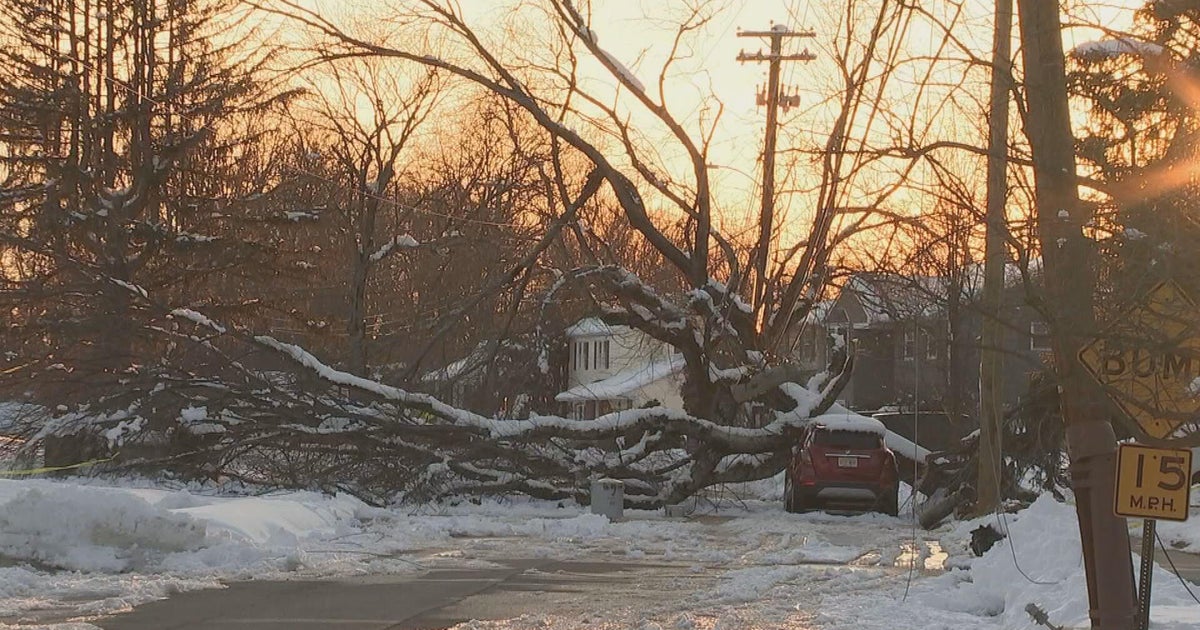Bird Flu Appears At 5th Minnesota Turkey Farm
MINNEAPOLIS (WCCO) - Another Minnesota turkey farm is dealing with an outbreak of the bird flu.
State officials confirm a farm in Stearns County found the H5N2 strain of avian influenza, making it the fifth commercial turkey grower to be hit with the virus.
Farms in Lac Qui Parle, Nobles and Pope Counties also have confirmed cases. Whenever the virus shows up, the entire flock must be euthanized.
For the first time, Minnesota turkey growers are dealing with an invisible threat. A highly contagious and deadly strain of avian influenza is wiping out entire flocks.
"There's an elevated state of awareness," Steve Olson, executive director of the Minnesota Turkey Growers Association, said. "They're going through flocks more often and looking for clinical signs."
This week alone, the virus affected 92,000 birds on two separate farms, one in Stearns county, the other in Nobles county. In all, 241,000 turkeys have been affected by the virus. One third of the birds died from avian influenza,and two thirds had to be put down to prevent the spread.
"It's not a farm-to-farm spread, so that's a good thing," Olson said.
State health officials believe the source of the outbreaks comes from birds outside the farms.
"Wild water fowl are reservoirs for the virus, but we are also looking into how it is getting placed into the barns where we're finding it," said Beth Thompson, assistant director of the Board of Animal Health.
The key to fighting the virus is to stop its spread.
"It's fecal material, so if someone tracks it in or if a bird flies over, that's how it gets on the site," Thompson said.
That's why the 450 farms that make up the Minnesota Turkey Growers Association are adding to their bio-security measures. They're limiting traffic on farms, washing tires and wheel wells, and disinfecting shoes in and out of the barn.
"I think that's going to be one of those big barriers that prevents it from getting into a farm," Olson said.
The biggest impact may be felt on commercial farms, but the reach of avian flu has the potential to touch hobby farms and backyard flocks.
"We're asking everyone to be vigilant, and if they see anything odd happening to their birds, if there's mortality or suddenly they're sick, to contact their veterinarian," Thompson said.
Health officials said this is not a food safety issue. Also, the risk of people getting sick from avian flu is very low.







